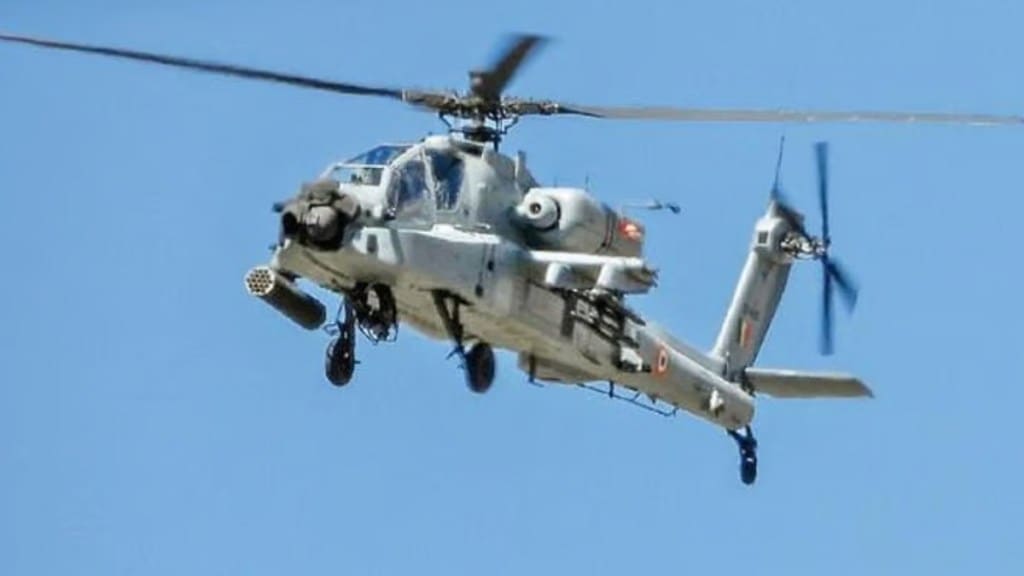American aerospace giant Boeing on Tuesday handed over three AH-64E Apache attack helicopters to the Indian Army, marking a significant step in India’s efforts to modernise its military aviation capabilities.
The delivery is part of a larger contract signed between Boeing and the Indian government to supply a total of six Apache helicopters to the Indian Army. These helicopters are among the most advanced multi-role combat aircraft in the world and are already in service with several militaries, including the United States Army.
“These state-of-the-art platforms will bolster the operational capabilities of the Indian Army significantly,” the Army said in a social media post.
Second Indian force to operate Apaches
This is the first time the Indian Army is inducting Apache helicopters into its fleet. Previously, the Indian Air Force (IAF) had received 22 of these E-model Apache helicopters under a separate agreement. That delivery was completed by Boeing in 2020 following a multi-billion dollar contract signed in September 2015 between the IAF, the US government and Boeing.
Recognising the operational advantages offered by the Apaches, the Ministry of Defence had, in 2017, cleared a fresh proposal for the Indian Army to procure six of these combat-ready helicopters. The cost of the deal, including associated weapons systems, was estimated at Rs 4,168 crore.
Delivery timeline and strategic importance
As per the original plan, the Indian Army was to begin receiving the Apache helicopters in 2024. With Tuesday’s handover of three aircraft, the timeline remains on track. The remaining three helicopters are expected to be delivered soon, completing the full consignment.
The Apache AH-64E is considered one of the most lethal attack helicopters in the world. It is equipped with advanced avionics, modern weapons systems, and night operation capabilities. Designed for all-weather operations, the helicopter can carry out complex combat missions including anti-armor attacks, close air support, and armed reconnaissance.
With inputs from PTI

